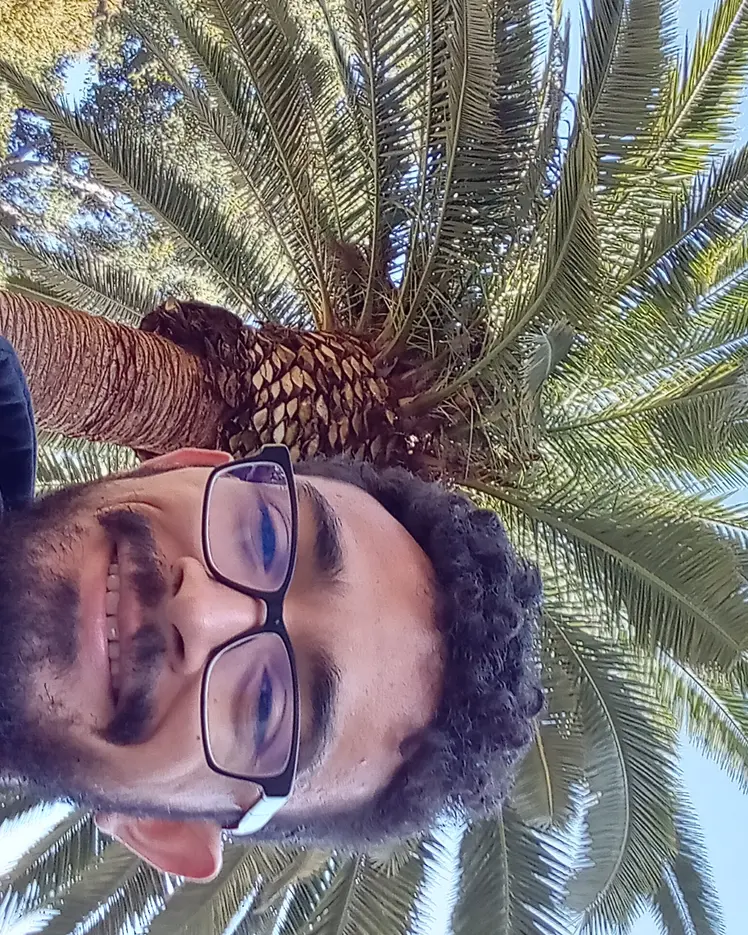
Yorguin Mantilla Ramos
Maîtrise recherche - UdeM
Superviseur⋅e principal⋅e
Sujets de recherche
Apprentissage automatique scientifique
IA inspirée du cerveau
IA pour la science
Interprétabilité
Interprétabilité mécanistique
NeuroIA
Neurosciences
Neurosciences computationnelles
Science cognitive


